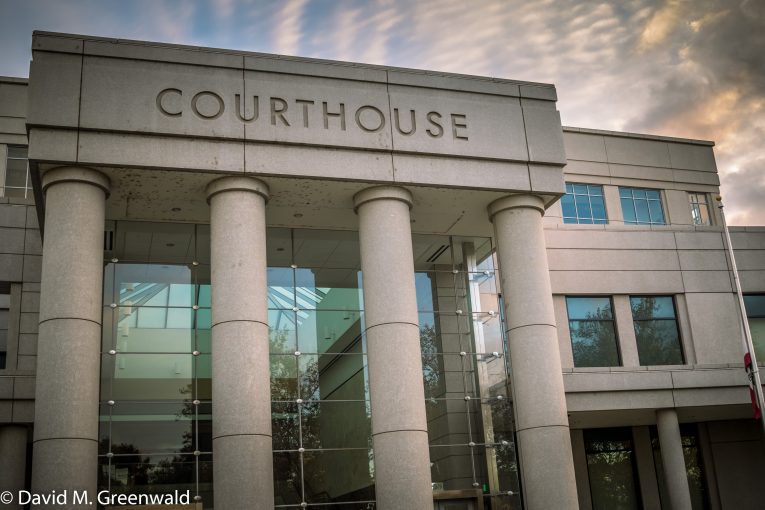
 By Nahima Shaffer
By Nahima Shaffer
On the morning of April 25, 2018, jury selection began in the murder trial of Christian Rizo, with over 100 citizens called to court to serve in a trial which is set to take place over 15 days.
Before beginning the selection process, both sides gave “mini” opening statements as offered by Judge Beronio.
Deputy District Attorney Jay Linden recapped the events leading Mr. Rizo to be brought to trial, and how the murder took place. On the other hand, Attorney J. Toney for the defense alleged that prominent witnesses in the case were only testifying to avoid lengthy prison terms.
After excusing several individuals for hardship, Judge Beronio read out several instructions to the jury and further instructed them to raise their hands if they had any issues they felt could prevent them being impartial in this case. No one raised a hand. However, when Judge Beronio began to ask more specific and detailed questions, the potential jurors revealed themselves to be quite problematic.
Out of the first 12 prospective jury members and four alternates to be vetted, seven individuals gave answers that may call into question their ability to be impartial, as they at least divulged gang-related  experiences.
experiences.
Two potential jurors had extended family members murdered by gang members. Another three, although one more so than the others, also shared that they tend to be less favorable and view in less high regard those who repeatedly disregard the law and have prior convictions.
Moreover, out of those three, one potential juror had worked with a gang member for three years in past, also affecting his judgment on gang affiliations. Another potential juror had a close family member who is a school principal, and another juror worked in the public school system, dealing with gang-related issues among students. One other juror, a business owner, also divulged possible theft by gang members in his shops.
However, Judge Beronio stressed and asked, even if regarding collective societal decisions in regard to gangs, whether these potential jurors could try to remain impartial, to which they all answered yes.
Mr. Toney proceeded to begin his questions for the jury, but the court went into lunch recess shortly thereafter.

Funny (not ha ha) how jury by their peers, have morphed into ‘impartial’… and the fact that potential jurers who are engineers/scientists, others who are trained to think, are regularly excluded from juries… by one or both prosecution or defense…
Out of 4 times I was interviewed for a jury, 3 times I was dismissed by pre-empts… I’m guessing both prosecution and defense were ‘sleepy’ the one time I was empanelled…
Howard
I could not agree with you more. I have been called for jury duty three times. Twice I was excluded for too much knowledge or expertise in the area of drugs, although a former police officer was allowed to remain in the jury pool in one instance. The third time was a surgery scheduling conflict for which the judge excused me. I do not know when “impartial” became synonymous with lack of knowledge or reasoning ability.